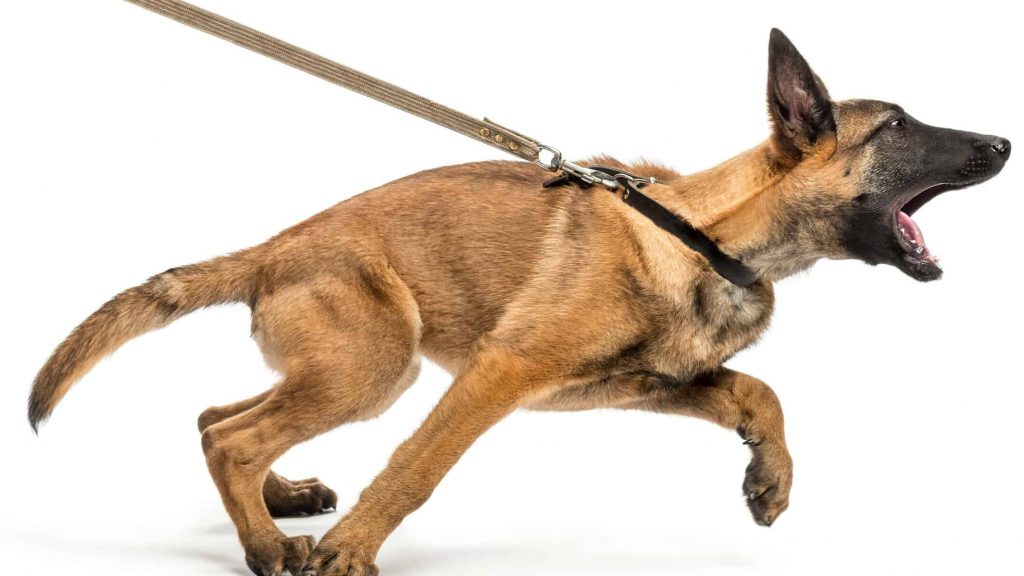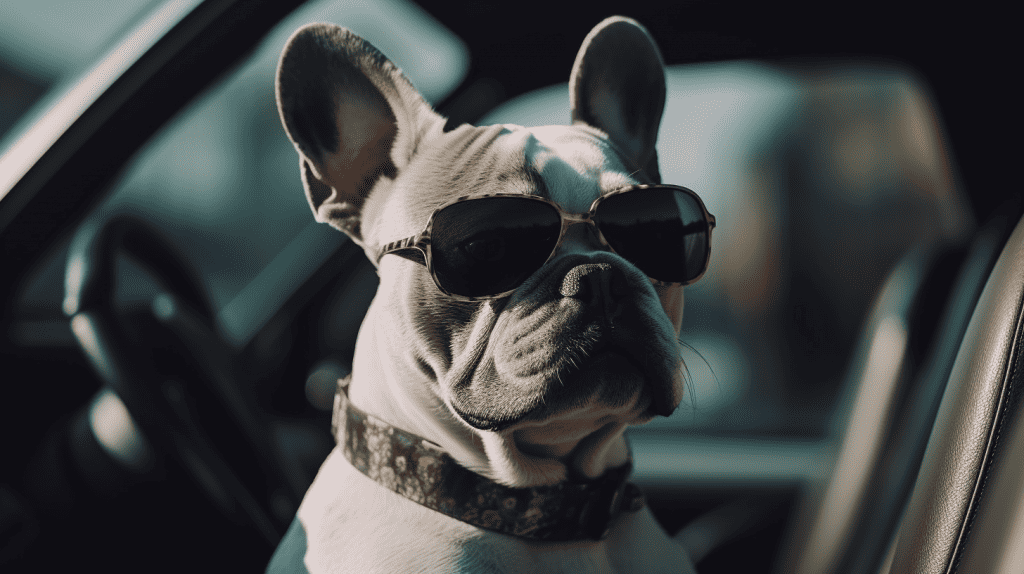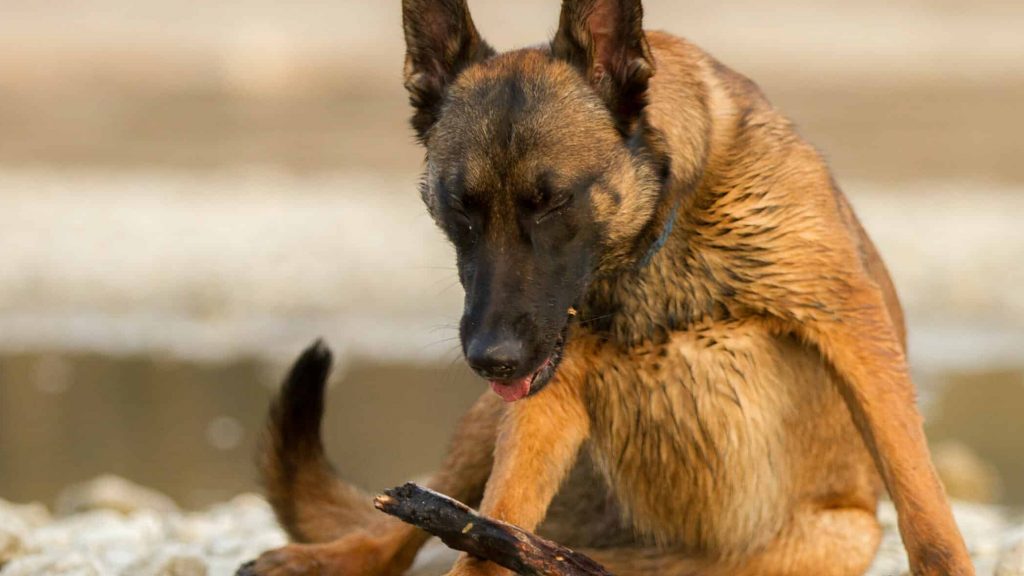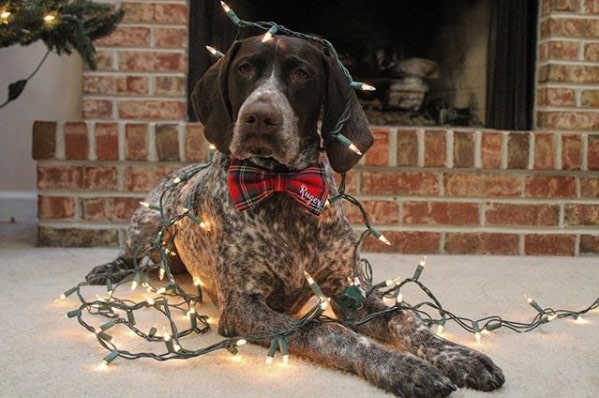By Dr. Shannon Leggieri, DVM/MS, Claremont Veterinary Hospital, Oakland, CA
No one can predict when a natural disaster may strike. When it does, it is essential to have a plan for every member of your family including the four-legged ones. Pet identification is an important first step to protecting your dog in case of separation. An updated microchip and tag with your most direct contact information can help get your dog back to you quickly and safely. Additionally, alert stickers placed in the window of your home indicate the presence of animals in case of evacuation in your absence. These stickers can be found online or at many pet stores.
Designate a caregiver for your dog in case you are unable to get to or care for your dog during the natural disaster. Ensure this caregiver understands your dog’s needs and any medical attention he may require. In the event you are with your dog but are unable to return home, arrange a dog-friendly place to stay. You should have a “doggie-bag” prepared with food, water, a leash and any medications your pet may require for at least one week. Pack the bag based on the needs of your dog and yourself as well as what natural disasters could affect your geographical area. Your needs may be different if you are affected by a fire, flood, earthquake, tornado, etc.
Locate pet emergency facilities in and around your area. If your pet is hurt, proceed to these locations immediately. Call ahead to the facility and explain your dog’s situation so they can prepare appropriately for his arrival. Also, know where to search should you get separated from your dog. Keep recent photos of your dog on hand as well as microchip information. The first place to look is your local shelter; ensure you have their information readily available.
During and immediately following the natural disaster your pet’s temperament may change. When outside maintain your dog on a leash within close proximity. Remember to provide encouragement and comfort to soothe any anxiety. Pay attention to the environment as there may be hazards resulting from the natural disaster. One hazard is disease spread during and after a natural disaster which can increase exponentially. Ensure your pet is up to date on vaccinations and current on flea, tick and heartworm prevention. Check with your veterinarian to determine what preventatives are appropriate for your region.
If you and your pets are secure and safe after the natural disaster, don’t forget about your friends and neighbors with furry loved ones who may be in danger. Consider reaching out to your local humane society to determine the best way to help in the event of a disaster. As always be sure to download the DogTrekker mobile app where you'll find the closest 24-hour emergency pet hospital and lost dog resources.
Photo Credit: KC Creations







